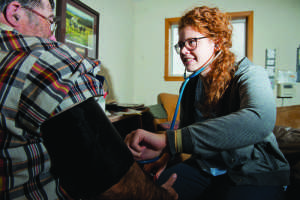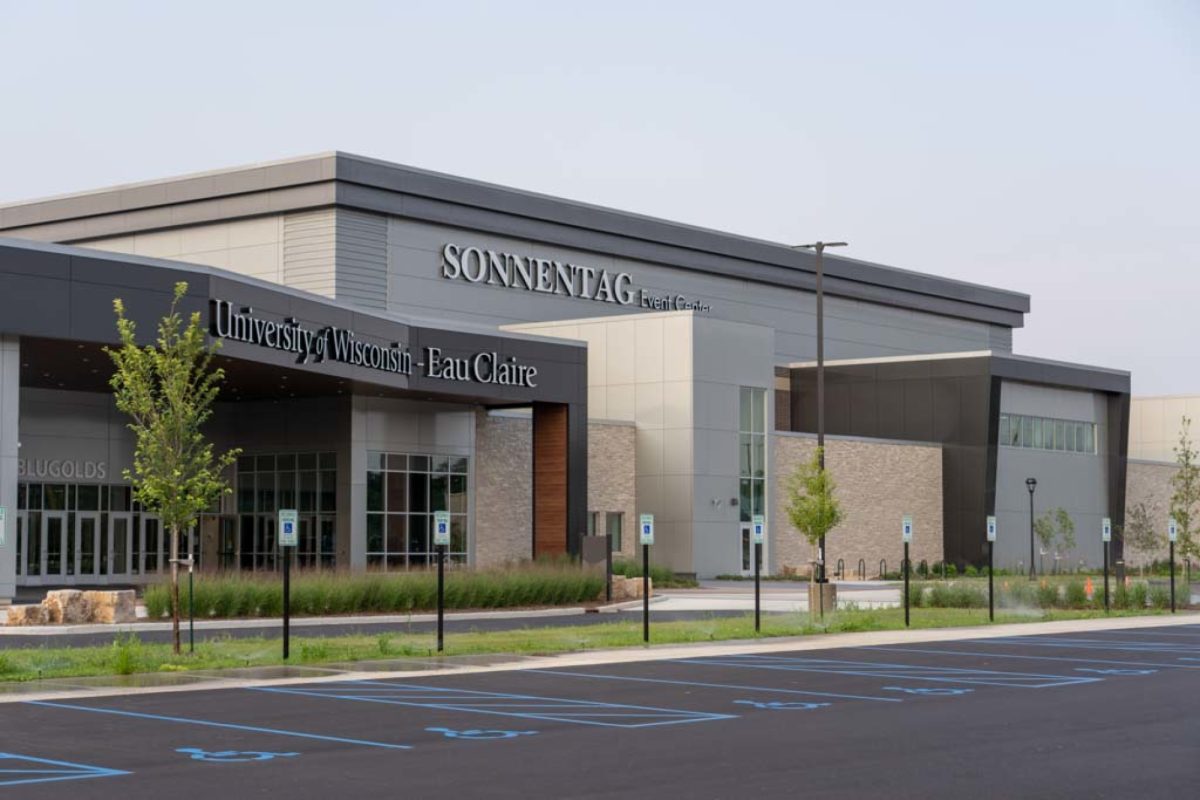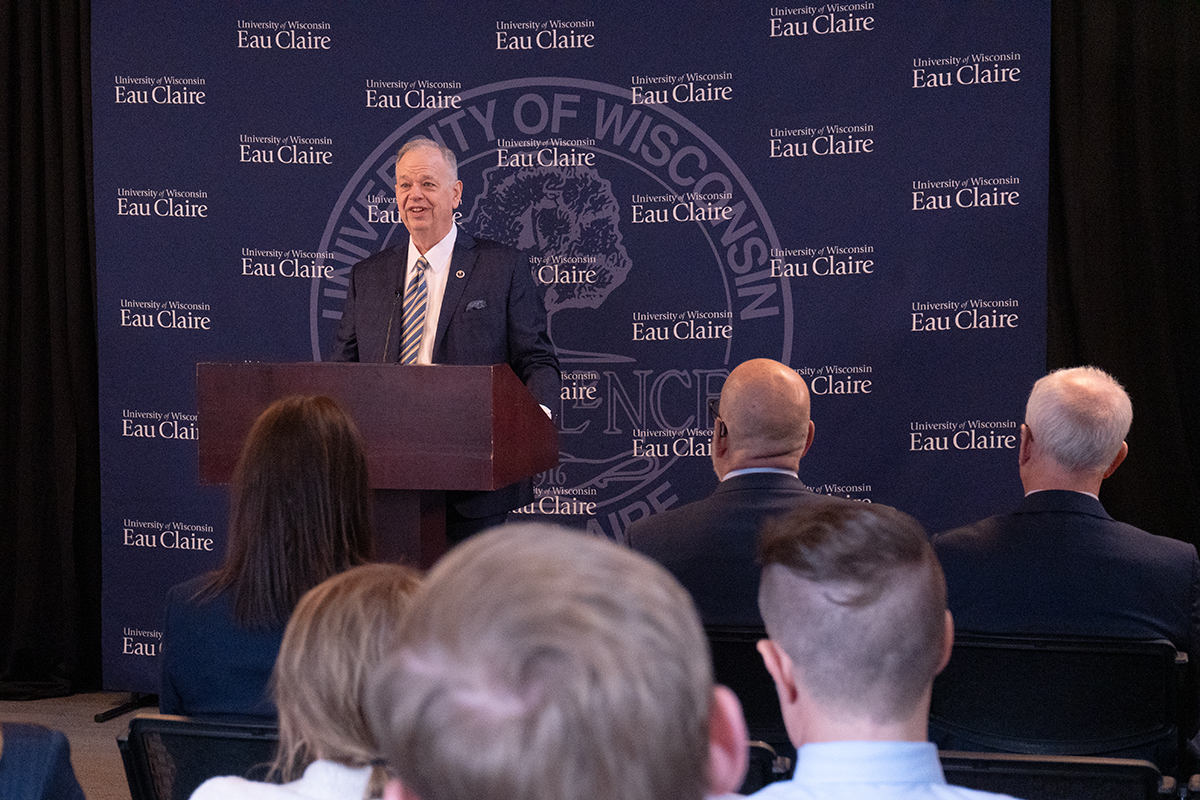Senior nursing major Abigail Buechner recalled an event that really showed the trust the immigrant farm workers had in her group of nursing students.
She said they were asking the man basic questions they asked everyone. When asked if he smoked, he responded not only with a “no” but with a story. He told of his previous addiction with cocaine, and his process of finding God.
Buechner said she was impressed with how much he opened up to the nursing students, likely the only people he was seeing for basic medical care.
“(I thought) wow, we must be really important to him if he trusts us and opens up to us like we were his primary care providers,” she said.
Buechner is just one of many nursing students who have participated in this immersion experience program. The program, which professor of nursing Susan Peck said started in the summer of 2011, aims to give nursing students experience in several ways while serving an otherwise under-served population of Wisconsin residents.
About five or six students participate in the program each semester. The nursing students visit about 10 farms weekly. The trips for this spring started again on March 25 and run every Monday.
Peck said the nursing students perform a lot of basic health check ups and also some more preventative procedures for the farmhand patients.

“We do what’s called health screening, so that’s where we get height, weight, blood pressure … those kinds of things,” Peck said. She also said the students gave immunizations.
The other major category of things Peck said the students do is talk about farm safety to ensure safer practices are being executed on the job.
Senior nursing major Elora Blomberg, who was part of the program last fall, said she is very interested in preventative health. This program was an opportunity to do that kind of work.
She said the group taught the farm workers how to perform tasks safely, which helps prevent injury to the body.
“They do a lot of milking so their arms are always up and extended,” Blomberg said. As a result, the nursing group taught them about good posture when doing these and other physical tasks such as lifting and working around machinery.
Beyond safety specifically on the job, they also taught the workers about keeping blood pressure healthy and educating them on why immunizations are important, she said.
Communication was something that was a challenge for some of the students. There was a translator and some of the students knew Spanish. But another impediment to communication, Blomberg said, was an initial lack of trust.
“We didn’t know their culture very well and they didn’t know us,” Blomberg said.
She said she learned how to pay close attention to each individual to read how they felt in the situation.
“I tried to read how they were doing, and even asking them, ‘Are you comfortable with this? What are your concerns, what are your questions?’ Just being very personable and relatable to them to kind of build that trust with them,” she said.
When the nursing students went back to the farms the second time, she said there seemed to be more trust; the workers became more comfortable with the students.
Buechner said trust was gained over time, which lead to instances like the man who opened up to the nursing students and became trusting enough to tell his very personal story about past drug abuse.
It seemed after exposure and working together, these barriers were lifted. Trusting the nursing students became easier for the immigrant workers.
Also participating in the immersion experience last fall, Buechner said it was a good experience for her on a few different levels.
This immersion program, paired with study abroad experiences, make her more prepared for a career where communicating with Spanish speakers is likely to happen, she said.
“It was great for me professionally because I got to practice my healthcare Spanish,” Buechner said. “Which is just huge … by the fact that I have worked with the Spanish population multiple times now.
“It wasn’t just sitting in a classroom and hearing about it, it was actually going and doing work.”
Gaining an understanding of rural life and seeing what the farm workers do on the job was also an important part of the entire experience, Buechner said.
“Getting to understand the farmer culture is really important,” she said. “More than 50 percent of the world’s population is through agriculture … in the hospital it’s not uncommon for farmers to come in.”
Buechner said agriculture is one of the most hazardous jobs someone could have.
This makes the situation difficult for these migrant farm workers who often lack the financial means of seeking out proper care.
“(The immigrants) have little or no health care,” Peck said. “They’re not covered by insurance companies, they can’t afford it; they’re not covered by BadgerCare except for the children … so they would pretty much treat themselves at home like our grandparents always used to do until they got sick enough that they really had to go in to the hospital.”
Not only is this absence of adequate healthcare less than desirable to the farm workers, Peck said, but it also affects everyone else.
“If they get sick because they don’t have services, what does that make us get exposed to where we do have services but then we get sick too anyway?” Peck said. “So we have to help everybody, not just the select few that can access it.”
Another thing the students gained, said Lisa Schiller, assistant professor of nursing, was a new appreciation for those who work in agriculture.
“One of the things that students came back with is the respect for the knowledge that farmers have,” she said. “The understanding that the farmer has to be a vet and an agronomist, all of those things wrapped into one. Understanding that I think has been enlightening to them; we’ve seen that a lot in their journals.”







